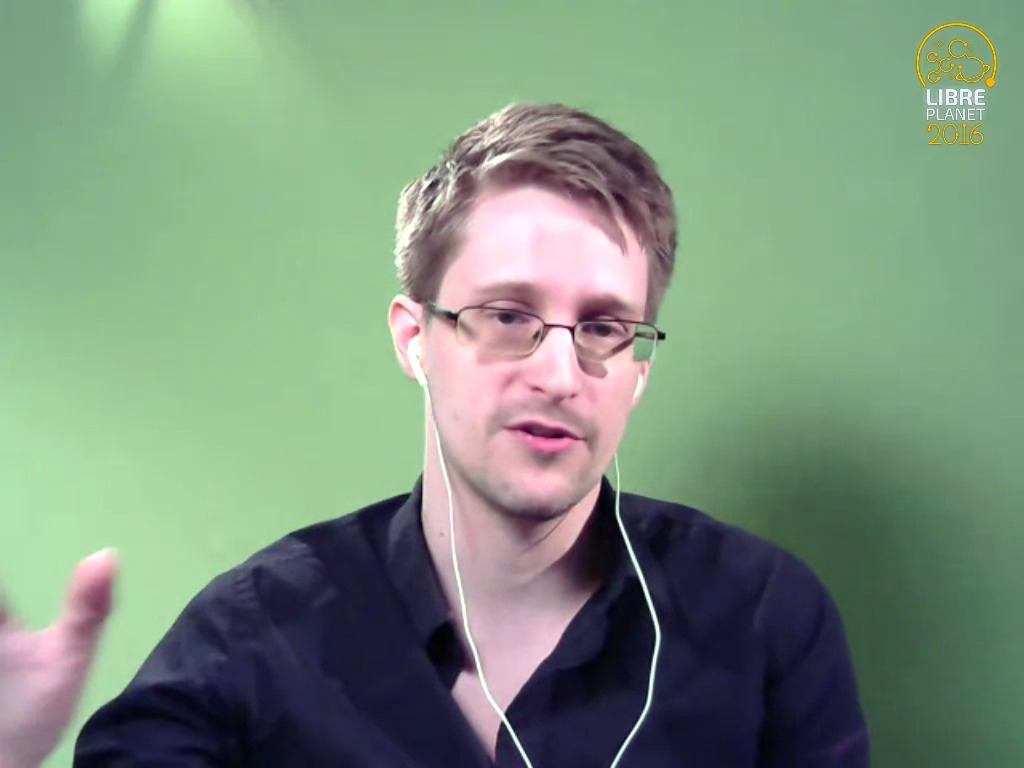What Free Software Says About Today’s Crises
by on January 14, 2020
I always have a little special appreciation for free software that’s easy to recommend to folks who don’t think or care much about software freedom yet. There are a lot of projects like that, and the one I’ve been talking about the most lately is OsmAnd, a mapping and navigation app using OpenStreetMap data. Whenever I hear people say “I wish Google Maps did X,” OsmAnd almost always does the job with a more discoverable interface. After they’re set up and happy, it’s easy to talk about how OsmAnd doesn’t track your location the same way Google Maps does.
I’ve spent a lot of time over the past few years asking myself whether it’s important to work on free software, or if I should even care about free software, given how pressing so many other problems feel. Climate change, authoritarian governments, antisemitism and white nationalism—these are the problems that are destroying people’s lives by the thousands, today and every day. How is free software even relevant to those problems?

Edward Snowden discussed free software at LibrePlanet 2016 with Conservancy Supporter Daniel Kahn Gillmor. “[The credits of Citizen Four] thank a number of FOSS projects including Debian, Tails, Tor, GnuPG… because what happened in 2013 would not have been possible without free software.” CC BY-SA
I still don’t always have a solid answer to that question. But as I think it through, one thing I keep coming back to is Edward Snowden’s keynote at LibrePlanet a few years ago. His call to action in that talk was to continue working on free software, because the values of free software, like autonomy and privacy, are values most people share. While a lot of people may choose to compromise some of those values to accomplish other things today, proprietary software companies are constantly changing their rules and asking for more. It’s always important and valuable for free software to show and offer an alternative. The most experimental development can help expand the scope of what’s possible, while the smallest documentation patch makes that all accessible to a wider audience.
When the Wikipedia and OpenStreetMap projects began, I’m not sure too many people envisioned that you would have easy access to all that data from a computer in your pocket. But now when people start expressing alarm about how much location data different apps on their phone are getting, and how that data might be used to track protestors, free software has something to say about that, and an alternative to offer in OsmAnd.
When Apple removes an app from their App Store that Hong Kong protestors were using to avoid dangerous areas, free software has something to say about that, and an alternative to offer in F-Droid.
When Facebook says they’ll allow politicians to lie in ads, and Twitter refuses to remove their hatemongering tweets, free software has something to say about that, and an alternative to offer in Mastodon.
Everything Conservancy does aims to make these alternatives more real to more people. Fiscal sponsorship helps fund all kinds of development, from the wildly experimental to the most nuanced polish. License enforcement ensures that people actually have the autonomy over their software and devices that the GPL promises them. Our advocacy and outreach work tells more people about our vision for technology, and how they can join us.
We’re coming up on the final days of our annual fundraiser, with just about $10,000 left to be matched. If you haven’t already, there’s no better time to join us as a Supporter to help us sustain this work. If you are already with us, an extra contribution would go a long way to help ensure we start 2020 strong. I can’t promise I know how every individual task we do addresses the world’s most pressing problems—but I also don’t know what challenges tomorrow will bring. I only know that building a strong foundation now will make sure we’re in the best place to address them when they arise in the future.
Please email any comments on this entry to info@sfconservancy.org.
